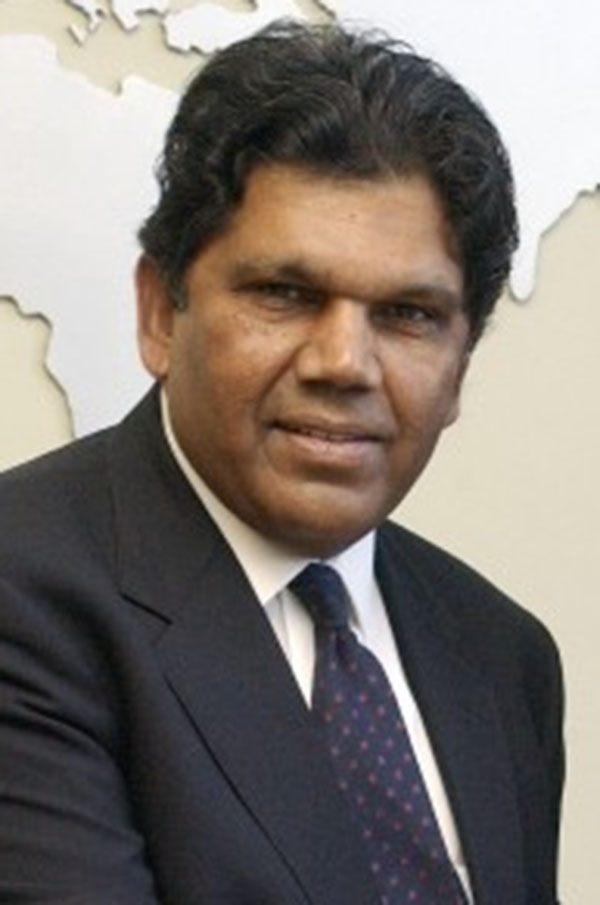The Government of Guyana last night said that it does not share the reservations of Dr. Bertie Ramcharan on the decision of the International Court of Justice (ICJ) on Friday accepting that it has jurisdiction in hearing this country’s request for a judicial ruling on the validity of the 1899 Arbitral Award setting this country’s boundary with Venezuela.
“The Government and people of Guyana welcome the World Court’s decision which represents a notable victory for the rule of law internationally and for Guyana”, the terse statement from the Ministry of Foreign Affairs said.
In an Op-Ed in the last Sunday Stabroek, Dr Ramcharan called the ICJ decision reckless.
“With great respect, the decision of the Court is a reckless one. The first issue is how the Court framed the issue that must now be addressed in the final stage of the case. By twelve votes to four, the Court, in paragraph 138 of the Decision `Finds that it has jurisdiction to entertain the Application filed by the Co-operative Republic of Guyana on 29 March 2018 in so far as it concerns the validity of the Arbitral Award of 3 October 1899 and the related question of the definitive settlement of the land boundary dispute between the Co-operative Republic of Guyana and the Bolivarian Republic of Venezuela’”, Ramcharan said.
By this wording, he contended that the World Court has, of its own volition, invented a “land boundary dispute” between the two countries. He noted that Guyana’s position has hitherto been that the land boundary was firmly and finally settled in 1899. What it has been seeking is a confirmation of the validity of the 1899 decision.
Ramcharan contended that there was no basis for the Court to find that there is a ‘territorial dispute’. He said that the case that Guyana filed before the Court, as recorded in paragraph 1 of the decision, concerned “the legal validity and binding effect of the Award regarding the Boundary between the Colony of British Guiana and the United States of Venezuela, of 3 October, 1899.” At no stage did Guyana invite the Court to hold that there was a ‘territorial dispute.” This decision of the Court is, with the greatest respect, an irresponsible and reckless one, he added.
He said that Guyana’s lawyers would need to seriously consider whether to make an application for the rectification of the decision of the Court or face the risk of Venezuela opportunistically exploiting the gift that the World Court has handed them.
Ramcharan is a former acting United Nations High Commissioner for Human Rights, a former Commissioner of the International Commission of Jurists and former a member of the Permanent Court of Arbitration in The Hague, Netherlands. He has also previously served as Chancellor of the University of Guyana.






